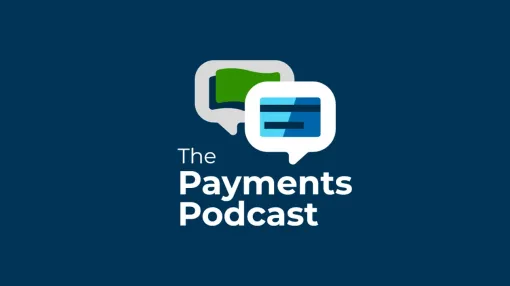Over 800 payment professionals across the globe took part in the sixth annual B2B Payments Survey, which sought to determine the viewpoints of both bank and corporate respondents across multiple areas of payment development. The results include insights on top challenges; use of AI and RPA; areas of focus for efficiency improvements; use and view of APIs; payment fraud experiences; innovation plans; and even the level of B2C offerings by banks.
In recent years, the shift towards electronic payments and more payment automation has not only continued, but accelerated. The results of this year's survey confirm this trend, among many others in the finance industry, such as:
- Significant plans to spend and adopt new technology across all segments
- Increased demand for an embedded payment experience within ERPs
- Growing fraud losses, especially with larger firms
- B2C payments offerings are on the rise from banks
These are just a few of the insightful findings detailed in this year's report. Read the full report to discover all 12 key findings, plus additional detail, context and data segmentation so that you can benchmark yourself against your peers.
Don't skip this year's findings. These trends and data points can help inform your business decisions through 2022 and beyond!


